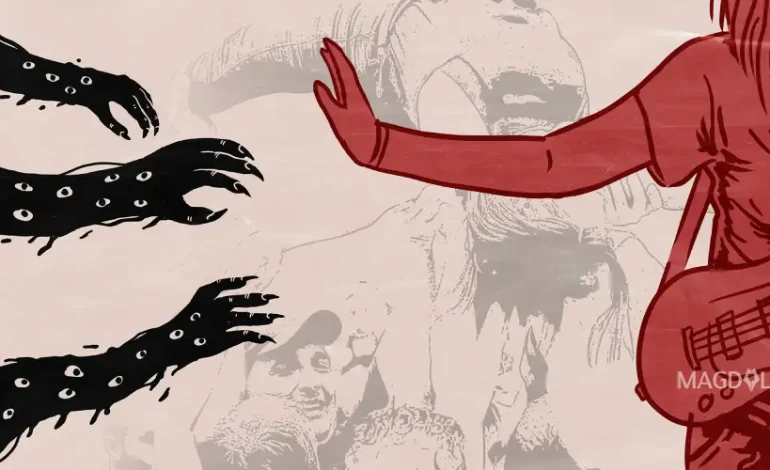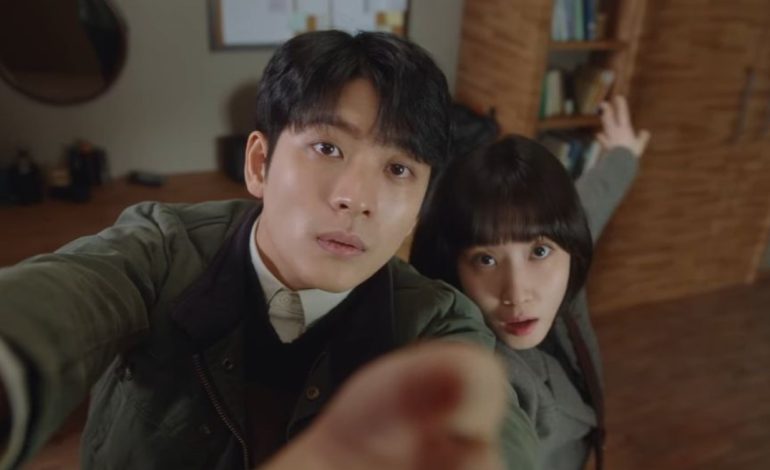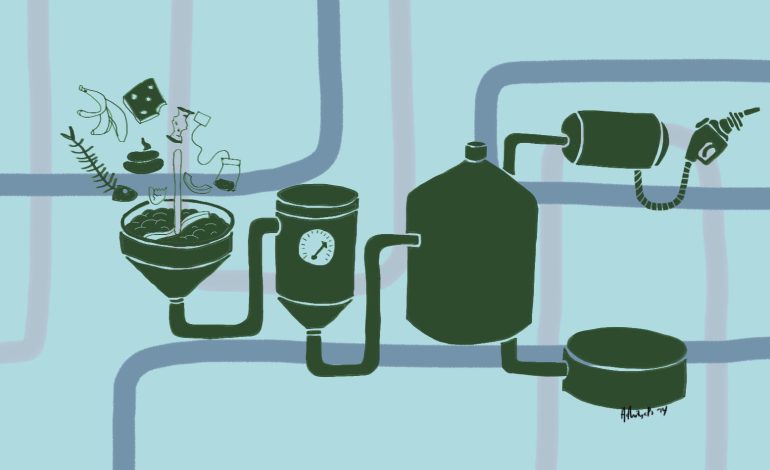Festivals Must Do More to Address Sexual Violence

Music festivals are important cultural and economic events. They have become symbols of the British summertime.
However, festival spaces are not equal spaces. Festival lineups remain dominated by men, and female festivalgoers are also not free to enjoy festivals in the same way as men. In 2018 a poll conducted by YouGov found that over 40 percent of women under 40 reported being sexually harassed or assaulted.
Together with colleagues, I began a research project in 2018 to explore sexual violence at UK festivals. In the first part of our study, a survey of 450 festivalgoers reinforced the findings of the YouGov poll.
We found that 34 percent of female respondents reported being sexually harassed or assaulted at a festival in the previous few years, compared with 6 percent of men. In our study, 9 percent of women and 1 percent of men reported being sexually assaulted.
We wanted to explore these experiences and their impact in more detail. We interviewed 13 female festivalgoers aged between 18 and 40 who had been sexually harassed or assaulted at a festival in the previous two years. This included being catcalled and leered at, having a hand put up their dress or skirt, and being rubbed against or groped. It also included penetrative assault.
Some of the participants, to some extent, expected this behaviour. It had become normalised, part and parcel of being a woman at a festival.
This chimes with broader research. A UK survey found that 86 percent of 18- to 24-year-old women, and 71 percent of all women, had been harassed in a public space. More than half of 18 to 24-year-olds will experience harassment or assault in a bar, club, or other nightlife venues. As one participant said to us, sexual harassment and aggression are something “we’re kind of taught to expect”.
Read more: Dear Film and TV Producers: My Sexual Assault Is Not Your Plot-Advancing Device
The Festival Environment
Festivals are not the only spaces women experience sexual harassment or violence. But there are unique aspects of festivals that unfortunately make them ideal locations for perpetrating these acts, while simultaneously making it difficult for women to report or seek help.
Crowded stage areas can provide a cloak of anonymity for perpetrators who harass, grope, or assault. Perpetrators can disappear into crowds quickly and are difficult to locate by security or other staff. One woman in our research described this behaviour as “drive-by” misogyny.
Similarly, the walkways between festival and camping areas, as well as the camping sites themselves, were highlighted by women in our study as spaces where they had been harassed or followed. One woman described having a man “break into” her tent and assault her. These spaces rarely have security on site and may be located away from security huts, making it difficult to report quickly.
Culturally, festivals can be locations that see high levels of alcohol and drug intoxication. They are also places where large groups of men attend together. These aspects reduced how safe women (and to a lesser extent, men) felt at festivals in our earlier survey.
The women we interviewed felt these factors created a cultural atmosphere where sexual violence was normalised and sometimes trivialised by friends, other festivalgoers, perpetrators and, in some cases, festival staff, including security.
Women described being shocked and upset and told us that the experience often ruined the festival for them. Some had stopped going to festivals. Others changed their behaviour to reduce the risk of sexual violence in other ways. In other words, women engaged in what is known as “safety work” – such as reducing their alcohol consumption, avoiding certain places and not going to places alone.
Read more: How Homophobia Distorts Our Conversation about Rape Culture
Changing the Space
One of the unusual features of festivals compared with other nightlife and live music settings is that the venue is not fixed – it is changeable and adaptable. This means that there are opportunities to redesign and reimagine the spatial layout of festivals with preventing sexual violence in mind. This may include placing security or safety ambassadors in specific locations closer to the areas women are reporting harassment or assault, including in crowded stage areas, but a wider conversation about how to modify festival spaces is needed.
There have been positive developments over the last few years. The Association of Independent Festivals, which represents over 100 independent festivals, has developed a charter and campaign to raise awareness of sexual violence. The Association encourages festivals to take the issue seriously, with an approach that means all disclosures are believed and taken seriously in their prevention and response initiatives.
Read more: From Gamergate to Trump: How Misogyny Ruins the World
Partnering with sexual violence specialist services such as Rape Crisis and grassroots campaign organisations like Safe Gigs For Women and Good Night Out would be a welcome step – one that some festivals have taken. For example, Boomtown had Safer Spaces at their festival this year.
But more needs to be done. It requires commitment from all festivals at all levels, working together with specialist agencies and women who have experienced sexual violence, to create a coordinated strategy to improve women’s safety at festivals, alongside better data collection and sharing to ensure swift responses to issues on site and wider prevention through safety planning. More broadly, festivals need to address lineups and other areas of gender inequality to set a wider cultural change in motion.
This article was first published on The Conversation, a global media resource that provides cutting edge ideas and people who know what they are talking about.






















